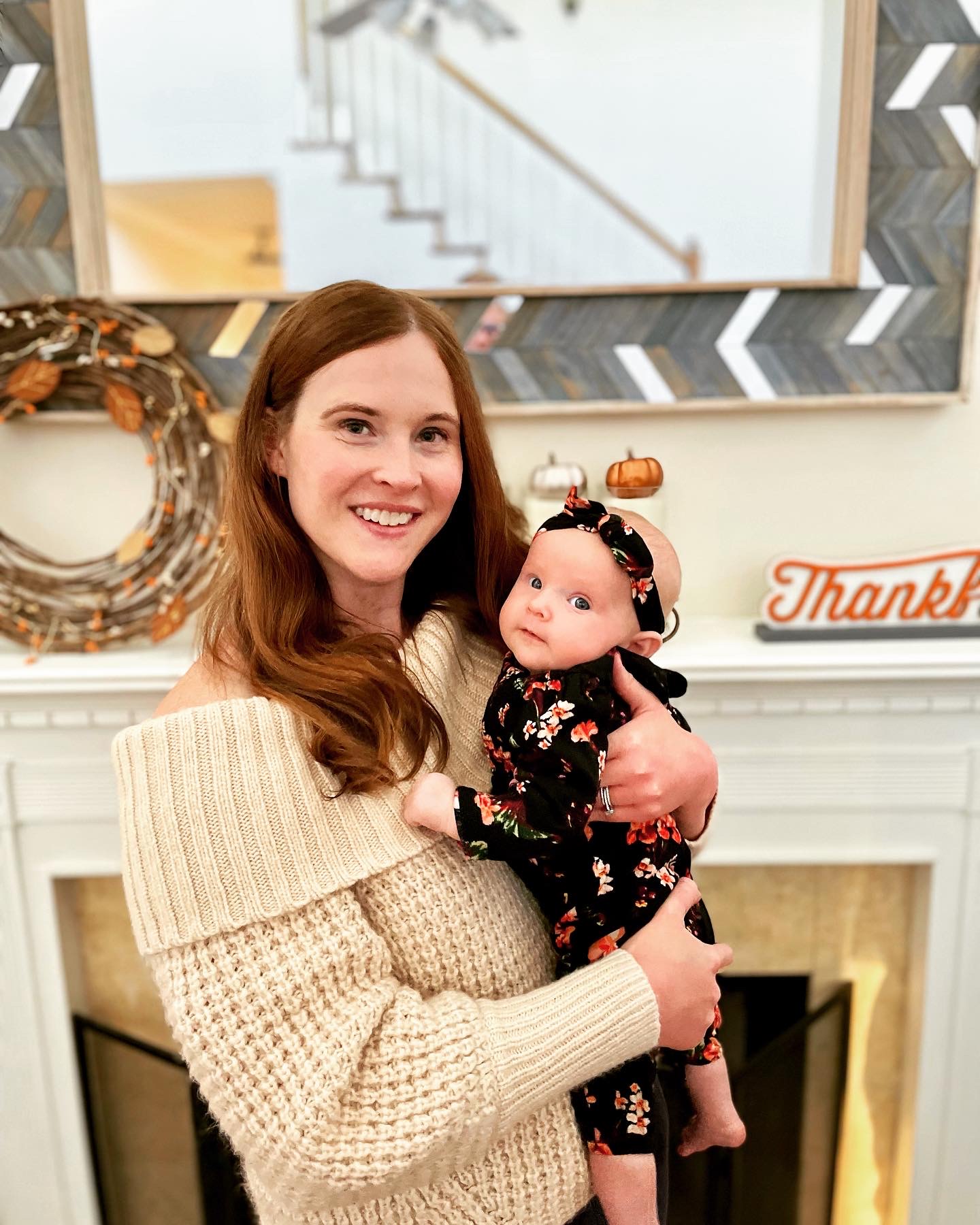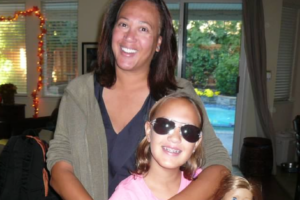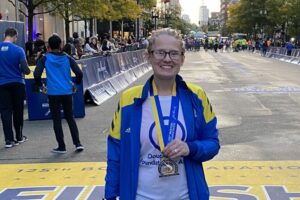I had my first blood clot when I was 24 years old after ACL reconstruction surgery — a risk factor for blood clots that I was unaware of. After my surgery, I noticed that my arm was warm, swollen, and red, all signs of blood clots. I knew something was off, and decided to go in for an ultrasound. The doctors discovered a large deep vein thrombosis (DVT) in my forearm and determined that the clot might have been due to the IV during my ACL surgery and being on estrogen-based birth control.
After this diagnosis, I was extremely cautious about blood clots moving forward, especially when I decided to start having kids at 35. Pregnant women are five times more likely to develop blood clots. Given my history, this is the reason I went on blood thinners throughout both of my pregnancies. Fortunately, I gave birth to two healthy babies.
But a few weeks after delivering my second child, I started feeling off. I was experiencing odd neurological symptoms – I would briefly lose my vision, experience tingling and numbness in my mouth and on my tongue, and I had problems walking on my right leg. At first, I brushed these symptoms off as sleep deprivation, or postpartum hormones, but after talking to my doctor I was convinced to get an MRI, where they found a blood clot in my brain (CVT or CVST).
I have since been on blood thinners and have recently started seeing improvements in my symptoms. I feel so fortunate and lucky to have found the blood clot in my brain so that I am able to be alive and raise my kids.
Since being diagnosed with blood clots, I am no longer on estrogen-based birth control and I have learned so much through the National Blood Clot Alliance. I found extreme comfort reading other patient stories and experiences through the Stop the Clot website, which made me feel less alone.
To all of the moms out there, please be informed about your unique blood clot risk factors during pregnancy! It is better to have your symptoms checked out then to wait until it is too late.




